Beginner’s Guide to Shadow of the Demon Lord
Dark Fantasy Where The End Is Only The Beginning
Shadow of the Demon Lord is the premiere release from Schwalb Entertainment, a company run by Robert J. Schwalb (Dungeons & Dragons 3e – 5e, A Song of Ice and Fire Roleplaying, Warhammer Fantasy 2e, etc.) himself and was Kickstarted just over 3 years ago with great success. Since then, there has been a steady release of content (180+ items at the time of this writing) and there’s no end in sight.
With the fire hose of exquisite content for Shadow of the Demon Lord we’ve seen a lot of folks say “I backed the KS and I still haven’t played, but I really want to!” or “I really want to try it, but I have no idea where to jump in.” because of the sheer library of content already available for it. So today, we’re going to attempt to help those folks get motivated and hopefully bring some new ones in along the way.
In case you needed more reason to give the game a try, you can find 10 good ones here, and another 5 or so here from somebody who hasn’t even played yet. Regardless, if you’re ready to take the plunge, you’re in the right place.
What It Is, and Isn’t
From a mechanical standpoint, Shadow of the Demon Lord is a system dedicated purely to simplicity and fluidity. It uses its own unique mechanics via 3 die types: d20, d6, and d3. It plays quickly and is a near-perfect balance of “fluff” and “crunch”. Thematically it’s an unsanitized, unflinching, unapologetic dark fantasy horror RPG dedicated to heroes fighting on the precipice of world-ending disaster.
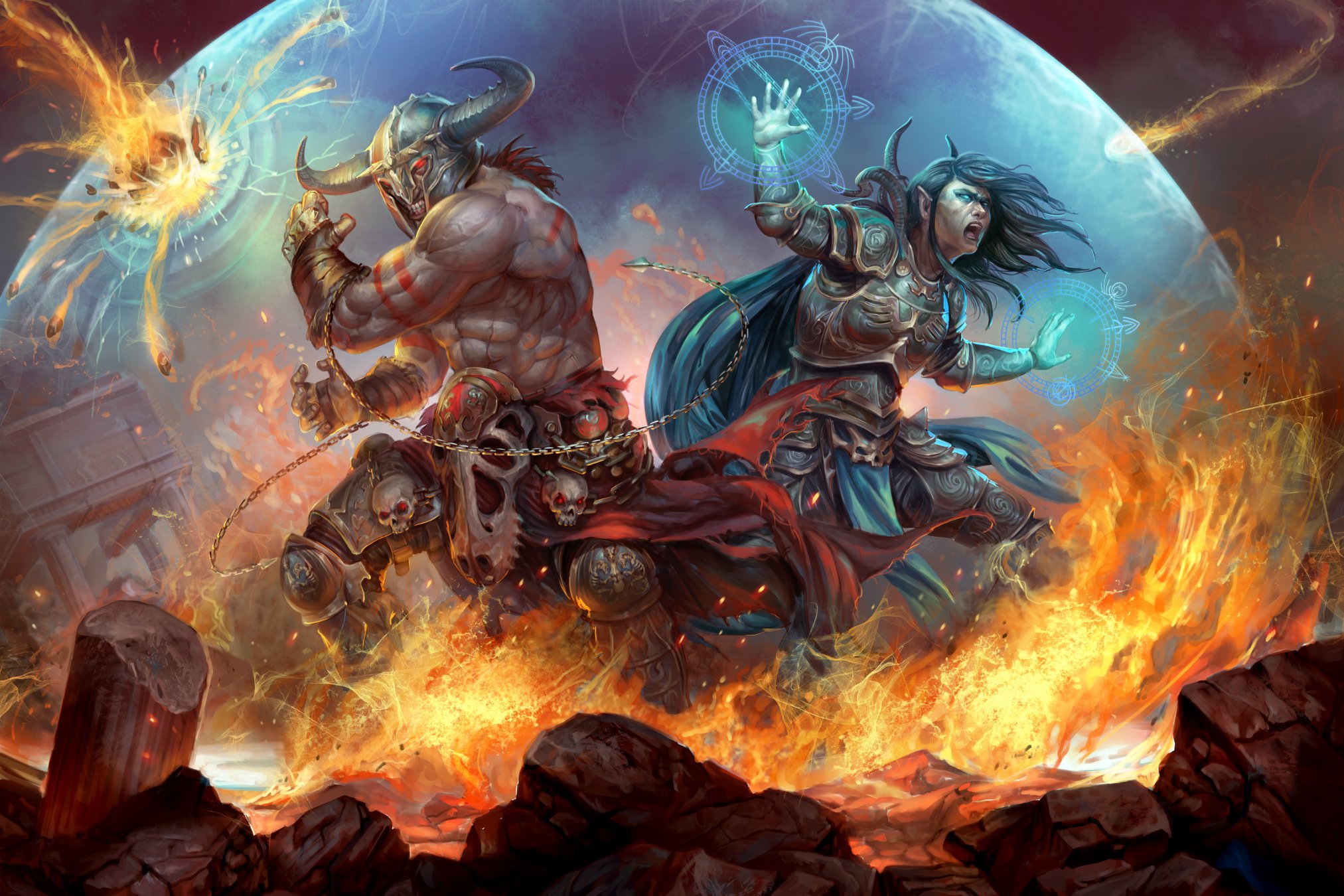
Shadow of the Demon Lord is a distillation of everything I crave from fantasy games, presented in a tight and tidy package. It gives you the tools to tell horror stories set in fantasy worlds teetering on the edge of annihilation. It reveals horrible, terrifying things creeping under the cover of night. It presents magic that is both weird and powerful. And it gives you the tools to create flawed protagonists who might just have a chance to make a difference in the world before it’s too late.
~ Robert Schwalb, preface of Shadow of the Demon Lord core book.
Demon Lord is by far the most metal RPG you’re going to find. To the uninitiated, a singular glance might garner a passing assumption that it’s a “grimdark” version of D&D, but that would be dead wrong. You know what they say about assumptions, right? While the game can be bleak and gruesome in its art direction, it’s still a game about heroes and saving the world from bad shit, and hopefully maintaining their purity and sanity along the way.
A character’s journey from A to Z has a formula to it that most rpgs lack, which we believe is one of the core reasons as to why Demon Lord is truly unique. First though, let’s talk about what you actually need to play, the barrier to entry is actually pretty low.
Getting Started
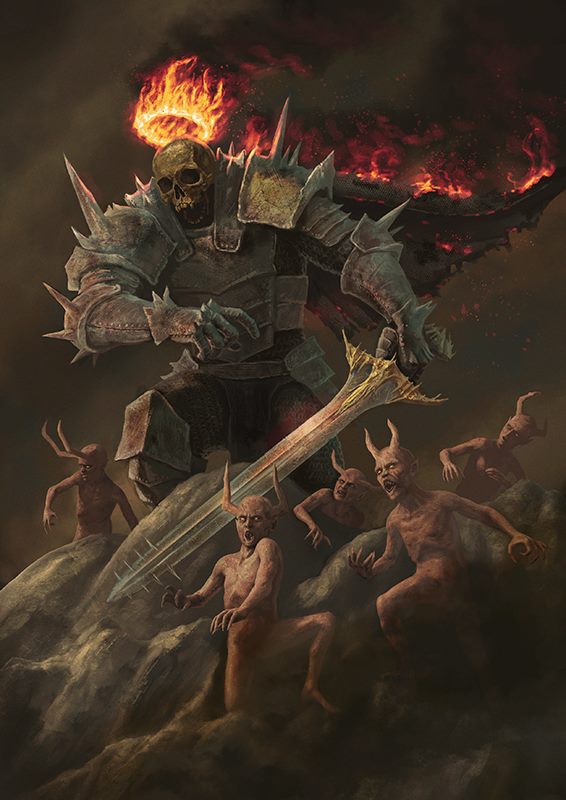
So, a lot of intro guides to games assume that you have some intimate knowledge of the game, its creators, publishers, etc. We’re not trying to do any of that here, and we’re not going to recommend you buy every bell and whistle the game has to offer (it has a lot), we’re doing quite the opposite rather.
Remember that the “ground floor” of Demon Lord is not only inexpensive, but gives you a really solid foundation to stand on with just the core book and a single supplement. The bare minimum of what you’ll want to pick up in order to first set foot on Urth is as follows:
Beginner, Core Essentials (GM / Player)
- Core Rulebook ($20)
- Dark Deeds In Last Hope ($2.29) (Adventure)
- That’s it. No, really.
We have a few more suggestions, but first let’s talk about some of the core bits of the game so that when words like “path” and “tradition” are mentioned we’re all on the same page.
Core Game Highlights
As mentioned earlier the Demon Lord system only uses d20’s and d6’s (which double as d3’s), the d20’s are used for all of your rolls and the d6’s are used as modifiers and damage dice. Demon Lord can be a lethal game, but you’ll find that characters succeed more often than they fail. Below you’ll find our 10 things we believe are what makes Demon Lord unique, and awesome:
- Static TNs. For Challenge Rolls (skill checks) the target number for success is always 10. Always. If you got 10 or better, you do the thing. It’s that simple.
- Interesting Things. Every character starts the game with an interesting thing, and oh boy are some of them truly interesting.
- Banes and Boons. are -/+d6 modifiers that change the result of your d20 roll, they do not stack and cancel each another out.
Example: You’re trying to hide from an enemy, you have a bonus from your goblin ancestry that gives you a boon to hiding, and the GM decides you can have an additional boon because the enemy is also distracted. You roll a d20 + 2d6 and add the highest d6 result to your d20 result, attempting to get 10 or better. Banes work the same, but in the opposite direction.
- Fluid Initiative. It works in fast and slow turns. A slow turn (move + action), and a fast turn (move OR action) are all you have to choose from. PCs always go before NPCs/monsters, and fast turns always go before slow turn users. So in short, combat rounds go in this order: Fast PCs, Fast Monsters, Slow PCs, Slow Monsters. As for what actual order the players and monsters go in within their own turn, is up to them. It’s fluid and changes every round based on how the players and GM want to act.
- Magic that Makes Sense. There’s no Vancian magic here, magic is straightforward and easily understood by newcomers. Each spell tradition has a collection of spells, but never more than 8 or so, the options are all attractive, but never overwhelming.
- Insanity. As maddening things are thrust upon characters in the darkened world of the Demon Lord, they may begin to acquire insanity. Once Insanity points are equal to their Will score, a character will go mad and must roll on the madness table. Luckily, characters can also acquire quirks, or other unique “ticks” that allow them to shed some of those insanity points, which also makes for great roleplaying opportunities.
- Corruption. If a character performs depraved acts or dabbles in dark magic, they will gain corruption. As corruption rises, their physical appearance will decline, as will their ability to successfully socially interact. Corruption can be atoned for, but is a much harder process than shedding Insanity.
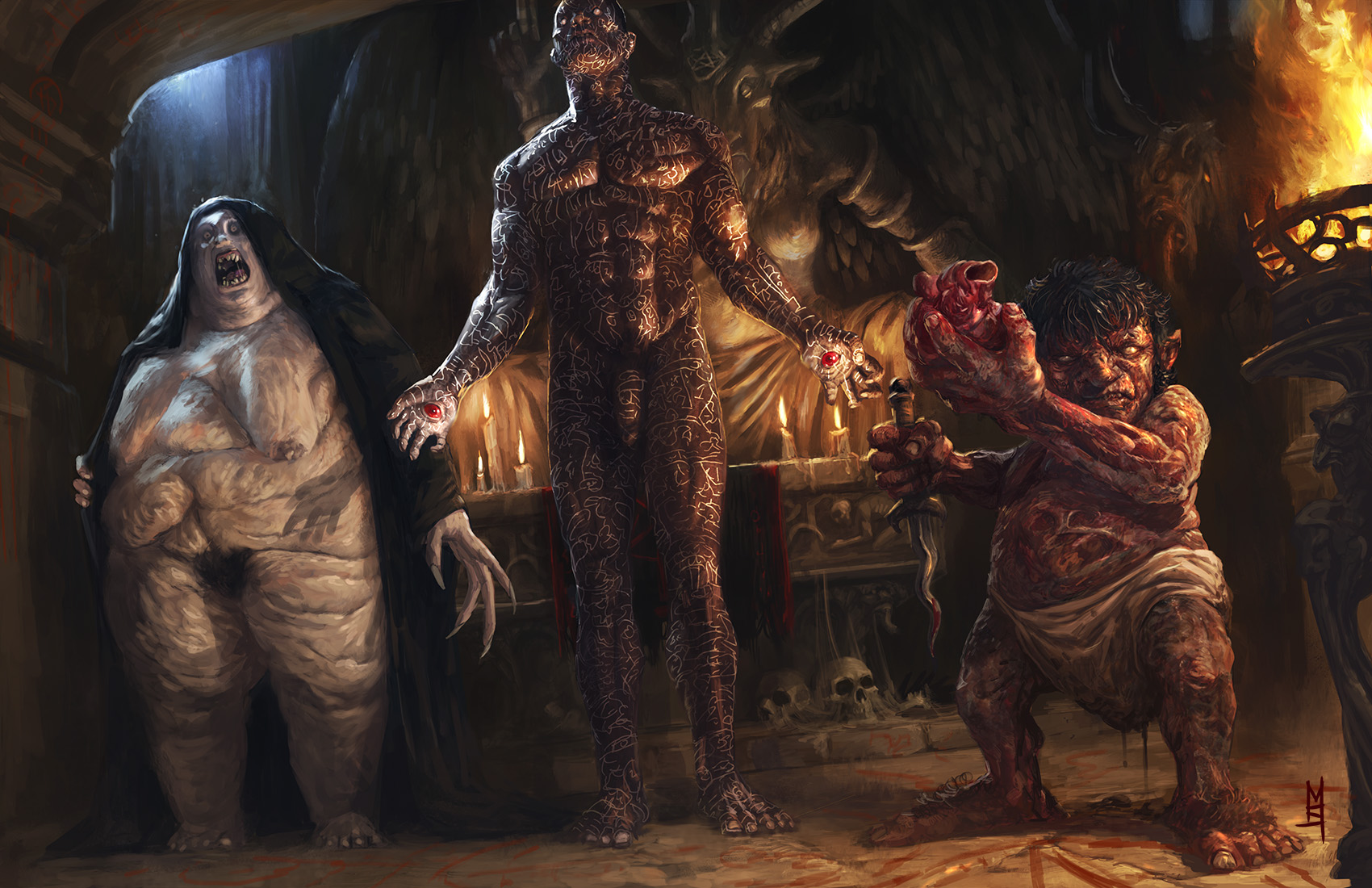
- Narrative Progression. Not only is there no XP system in Demon Lord, but when characters level up and progress there is a built in narrative reason players must determine and list on their character sheet as to why/how they choose the paths they go down. Paths are what most other RPGs call classes, but in Demon Lord they are very ala carte and there are 3 tiers, the first tier being Novice where you’ll select from Warrior, Rogue, Magician, or Priest and branch out from there. There are no path limitations, and characters gain a level after every adventure / GM discretion.
- Short Campaigns. Because progression is quick and adventure-based, a character’s journey from level 0-10 typically takes places in those 10 or 11 adventures. This means that typical Demon Lord campaigns are from 10-20 sessions long (depending on if you get through an entire adventure in 1 sitting), which in turn means you can complete more campaigns arcs and see more characters come into their own. Or, move on to the next game, sinner.
- Digestible Adventures. Adventures are typically 5-10 pages long and provide all you need to run the game organically. There won’t be flipping back and forth or “if the players did X, then Y” all over the place. You should be able to get through most of them in a 4 hour session, and they’re all dirt cheap.
If you’ve got more questions, or if you prefer to listen rather than read, check out this YouTube archive of a livestream Jerry did a while back where Rob Schwalb himself stopped by to answer questions.
Intermediate, Core Options
So once you’ve whet your appetite for more Demon Lord and are looking to add more ancestries (races) and path (class) options to your game, along with new traditions (spell schools), monsters locales and more, these are your best options:
- Demon Lord’s Companion
- Demon Lord’s Companion 2
- Tales of the Demon Lord (Full campaign, 11 adventures)
- Tales of the Desolation (4 linked adventures in the Desolation)
Thematic source books that zoom in on different denizens, locales, lore of Urth. Adding acnestries, monsters, adventures, and more:
- A Glorious Death (Norse / Frozen Lands)
- Terrible Beauty (Fey / Lands of the Faerie)
- Exquisite Agony (Devils / Hell)
- Hunger in the Void (Demons / The Void)
- Tombs of the Desolation (Vampires / Desert Wastelands)
Once your players have become accustomed there’s also a great supplement for each of the core 4 Novice paths (links at bottom of each image):
Much more awaits, jump in now!
Of course there are a few supplements we’d consider for “advanced” Demon Lord players such as Forbidden Rules, which allows for things like damage mitigation, wounds, alternative spellcasting, zone-based narrative combat, and a bunch more innovation. However, we just wanted to focus on the core of what we think is the essence of Demon Lord and how to get started.
Of course, we can’t leave without one shameless plug about our own products, be sure to check them out. We wrote Salt & Sacrifice to cater specifically to new players too!
We hope you get some use out of this little guide to our favorite tabletop RPG. Let us know in the comments if you have questions or need any advice! We hope we’ve successfully delivered you into the open arms of the Demon Lord!
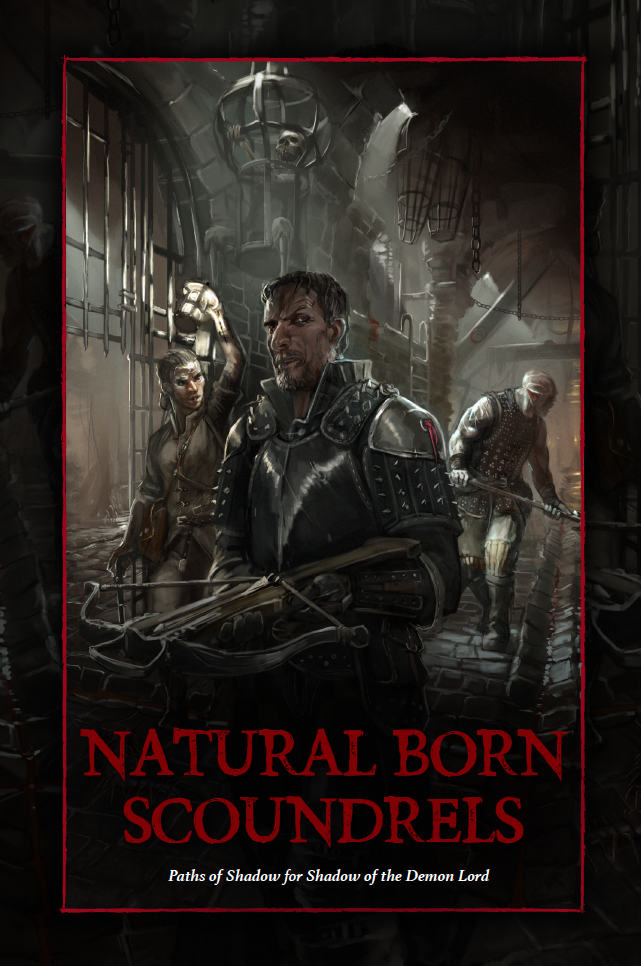
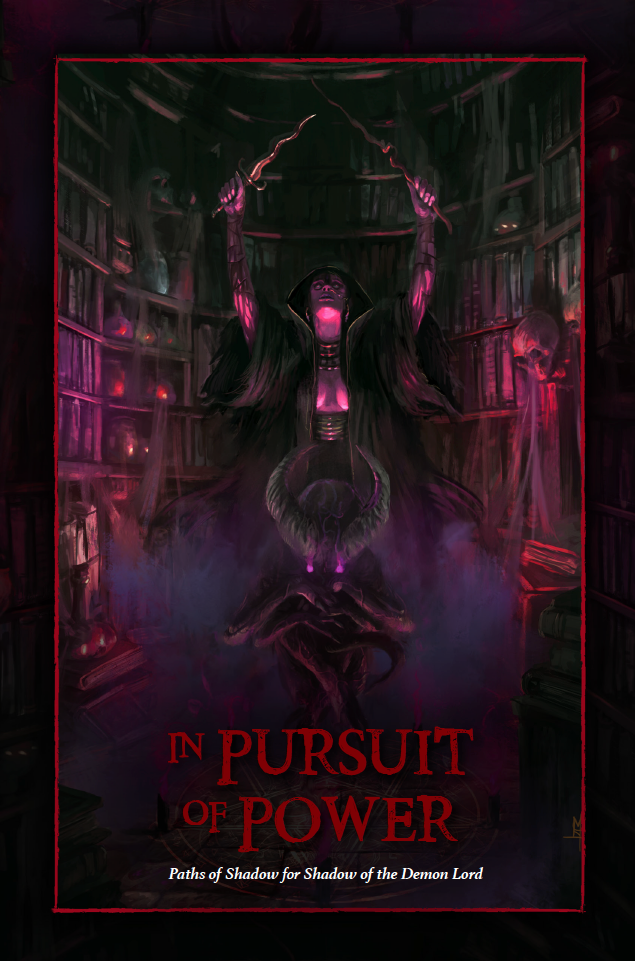

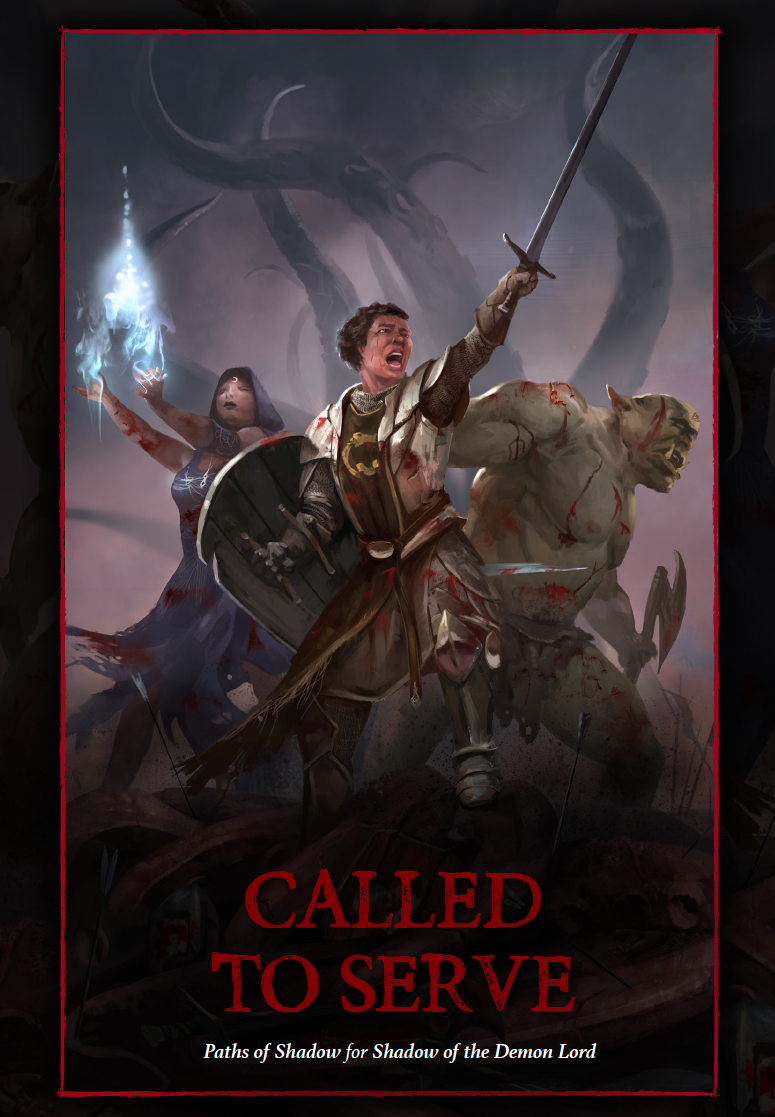

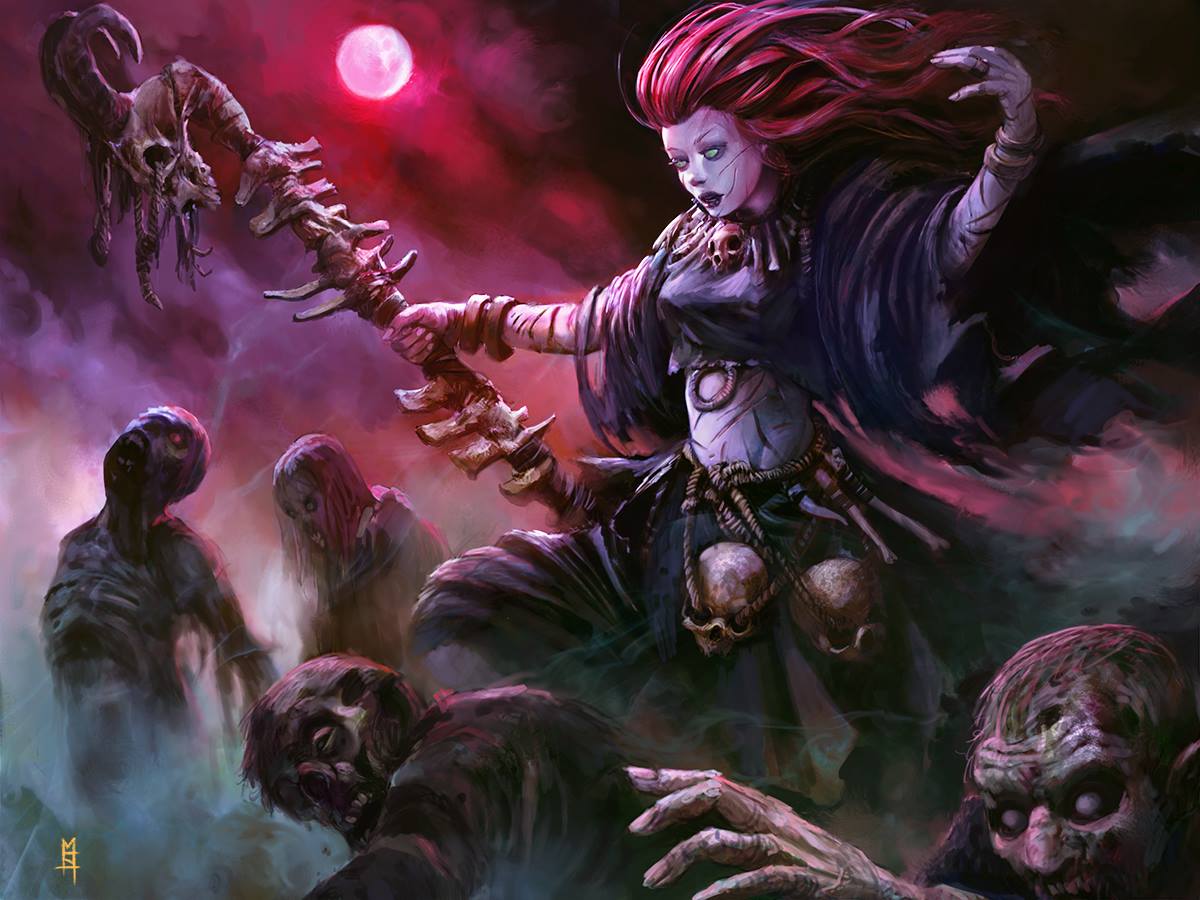
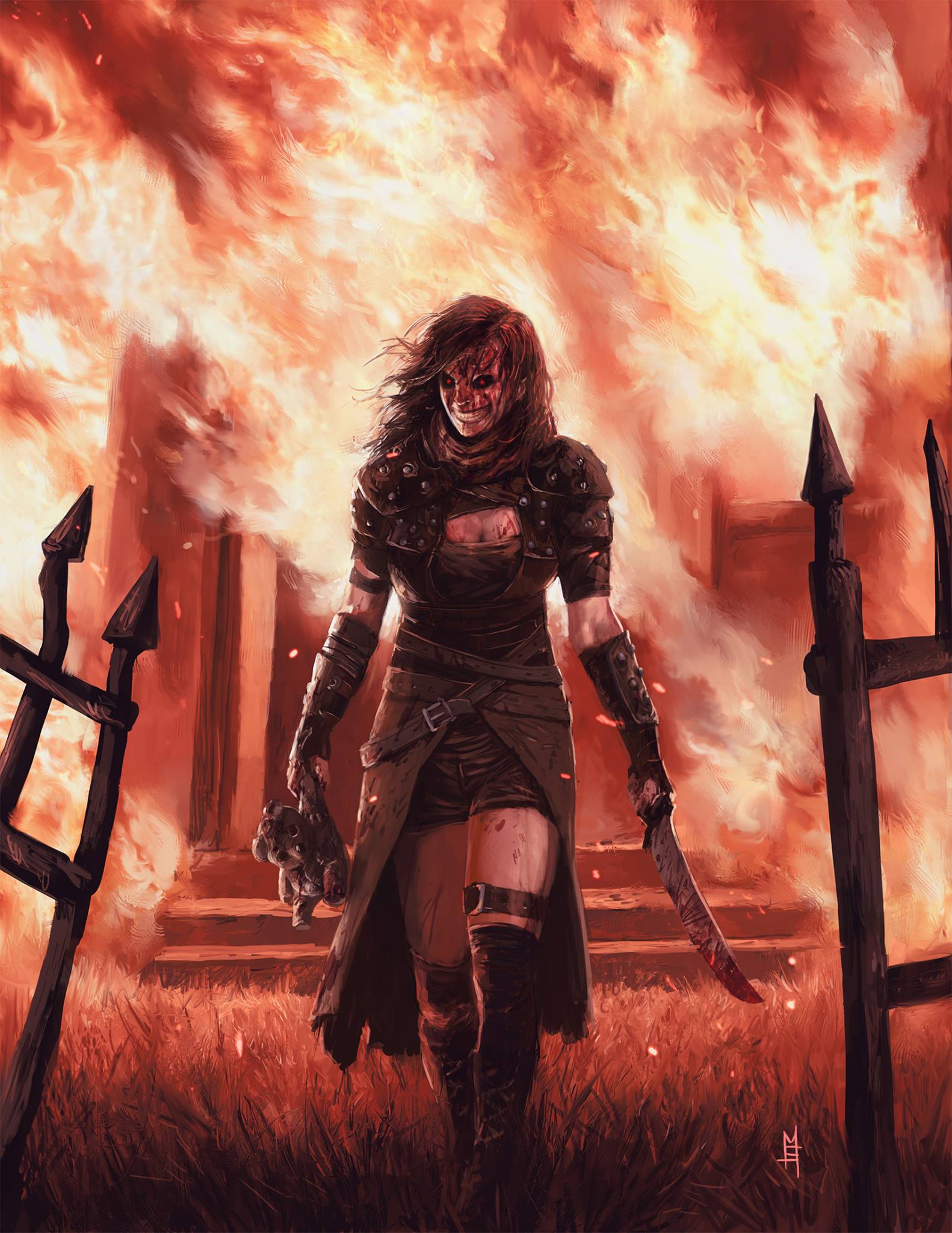
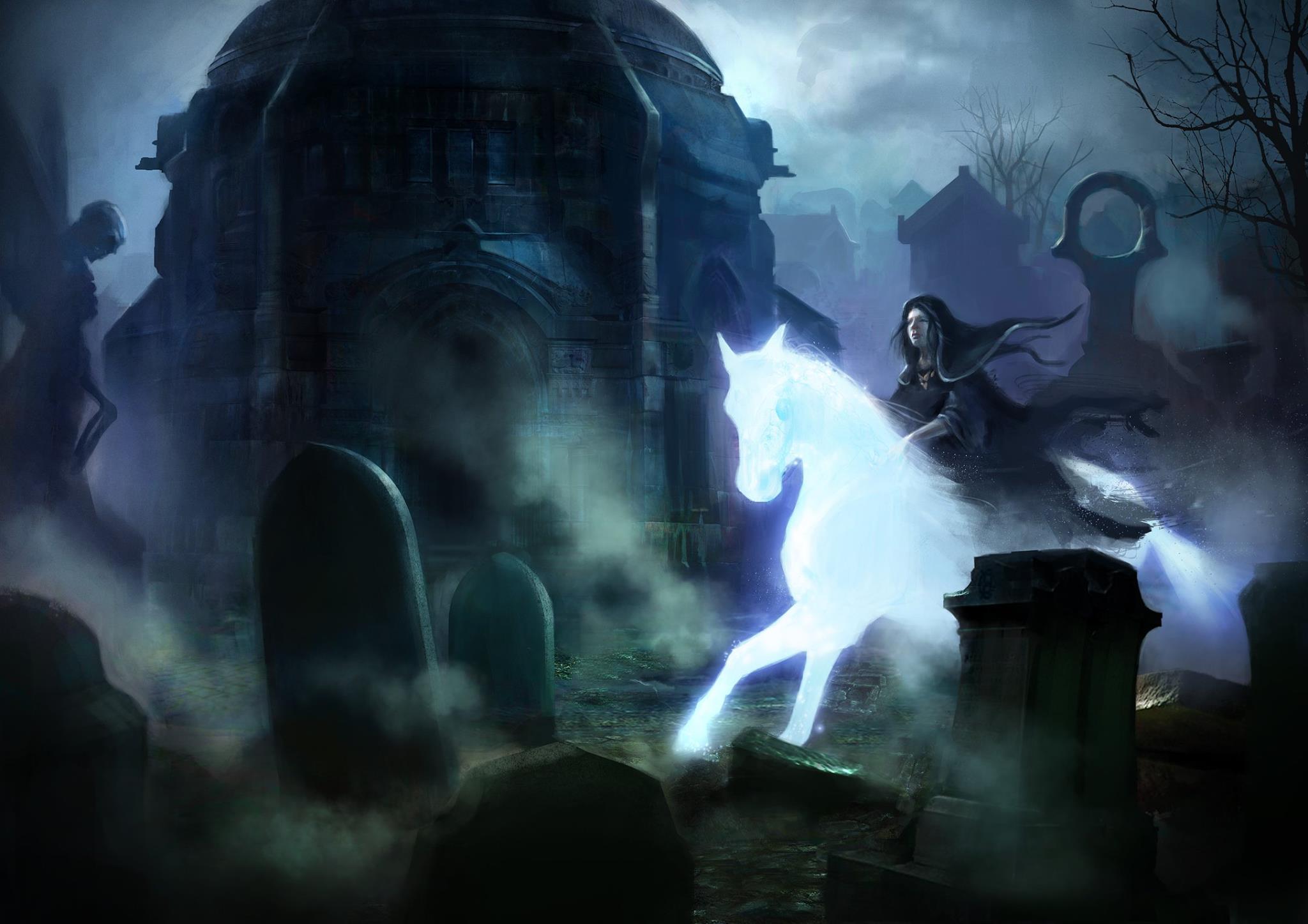
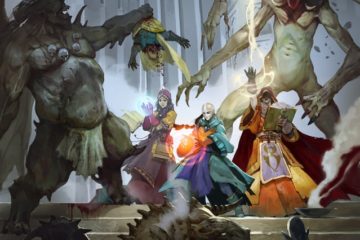
4 Comments
Mike Myler · August 24, 2018 at 4:30 pm
Dug the article! Note that there’s some (licensed) third party support for SotDL as well. HAIL! https://bit.ly/2MPUH6J
Blog Baphomet · August 27, 2018 at 9:27 am
Glad you enjoyed it!
10 Great Reasons Why You Should Give Shadow of the Demon Lord A Try – The Dread Gazebo · October 23, 2018 at 10:11 pm
[…] In Demon Lord, the task resolution mechanics are simple and it uses the old faithful d20. Want to hit an enemy? Just hit their defense attribute and you’re good. Want to perform a task? Make a challenge roll, which is simply a static target number of 10. Did you roll a 10 or better? Hooray, then you did the thing! That’s it. These rolls are obviously influenced by situation circumstances specific to the game and characters, but are also modified by boons and banes. These are d6 rolls that modify your d20 roll by being added or subtracted from its result, you can learn more about them here. […]
How to Play an RPG for the First Time – DungeonSolvers · May 6, 2023 at 9:06 am
[…] example, this beginner’s guide for Shadow of the Demon Lord by Black Candle Games was a fantastic starting point for me. I had an understanding […]